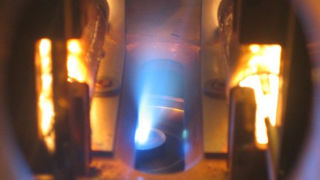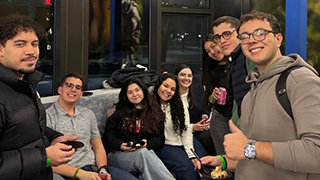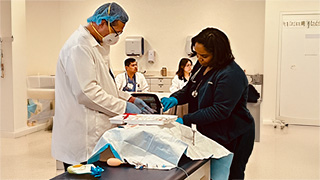Professor Sahiner Awarded a New Research Networking Grant - Seton Hall University
Monday, August 5, 2019
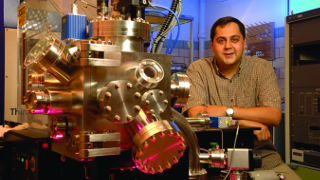
Physics Professor and Chair Mehmet Sahiner was part of a six-team effort to secure a grant by the Spanish National Research Council.
The Collaborative Research Grant Proposal, including six teams for the project titled "Nanostructured Doped Glasses for a New Generation of Devices-Photovoltaic and Lightwave Circuits (NanoGlass)," has been awarded the grant by the Spanish National Research Council (CSIC).
This is a grant for research networking among distinguished research groups from:
- Argonne National Lab - Northwestern University Team, Chicago, Illinois, USA
- University of Tennessee Space Institure, Tennessee, USA
- Seton Hall University (PI- M.A. Sahiner), South Orange, NJ, USA
- Bundesanstalt für Materialforschung und –prüfung (BAM), Berlin, Germany
- Fraunhofer Application Center for Inorganic Phosphors, USW, Germany
- Laser Processing Group (LPG), IO, CSIC., Madrid, Spain
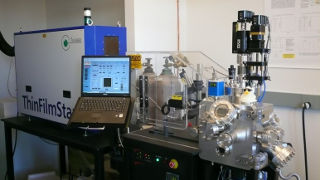
These structures are complex, and a key issue for obtaining an improved response and functionality is to achieve the control at the nanoscale of their composition and structure. This will require using advanced laser techniques for production and modification of the glasses, with the aim to produce materials with improved performance for the targeted applications. The results of this collaborative action will have a direct impact on the sustainable development goals to transform our world, as defined by the U.N.
